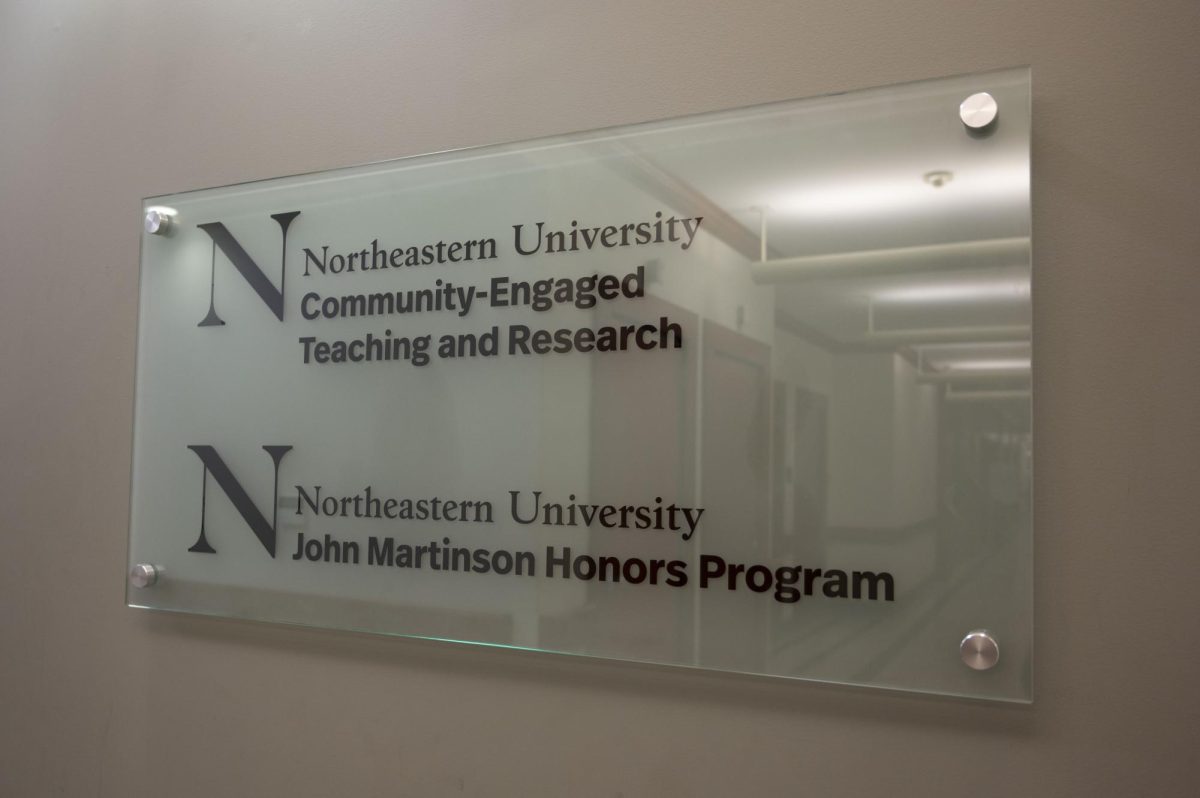Unless you managed to be like my freshman year roommate and net a full scholarship with room and board (hi Rahul, how’ve you been?), you probably have student loans out. If you were sensible, you got those through the federal government using what’s known as a Stafford loan.
These loans, which come from the Department of Education, are generally easier to get with little or no credit history. Payment is deferred until you graduate, and the interest rate is fixed at 3.4 percent. These factors make it easier for students who would not otherwise be able to afford the cost to attend university and get a Bachelor’s degree or would have to face a loan through a private bank at rates up to and exceeding 15 percent.
The rate is set to 3.4 percent because of a program designed to incentivize college education established in the College Cost Reduction and Access Act of 2007. This act, like most acts of this kind, has an expiration date.
That expiration date is July 1 of this year.
When it expires, the rate will double to 6.8 percent on any future loans taken out. While loans already disbursed will remain at the old rate, any future Stafford loans will be at this higher rate, adding thousands to the cost of repayment.
With student loan debt breaking $1 trillion in the United States, and students leaving college with thousands upon thousands of dollars of debt, it makes absolutely no sense to add further burden onto those wanting a higher education.
Mitt Romney, the de facto Republican nominee after Rick Santorum’s exit from the race Tuesday, has called the federal loan program a “government takeover.” Ron Paul, a favorite among naïve idealists, closeted racists and Randian libertarians, wants to end federal student loans altogether, alongside the countless other things the federal government does to help the average citizen. House Republicans are giving no indication that they intend to implement the program further.
President Barack Obama, for his part, gave student loan debt and interest rates a slot in his State of the Union speech, and advocated extension of the program and further solutions to alleviate the cost of tuition and student loans.
A country is only as strong as its educated workforce. Unless we want to lose out on a generation of doctors, lawyers, nurses, academics, businessmen and more, we need to prioritize education and professional training.
Before Congress at the moment are two bills, one in the House and one in the Senate, both of which would extend the interest subsidies for at least one more year in hopes of negotiating a long-term or permanent implementation of the program. In the House, it’s known as H.R. 3826, introduced by Rep. Joe Courtney (D-CT). In the Senate, it’s known as S. 2051, introduced by Sen. Jack Reed (D-RI).
Northeastern falls in the eighth district of Massachusetts, represented by Rep. Michael Capuano (D), who is a cosponsor of the House bill. Sens. John Kerry (D) and Scott Brown (R) have not signed on as co-sponsors of the Senate bill. Sen. Kerry can be reached at 202-224-2742 or 617-565-8519, and Sen. Brown can be reached at 202-224-4543 or 617-565-3170. It is worth noting that Sen. Brown is involved in a contentious race for re-election against Elizabeth Warren, prominent consumer advocate, Harvard professor and supporter of lower college costs and increased federal education subsidies. For information on your representative and senators in your hometown, visit usa.gov/Contact/Elected.html.
This issue affects you, your siblings, your parents, your friends, your colleagues and your country. It is too important an issue to simply remain silent; Congress only acts when it is too politically costly for it not to. Show them that we as a people can be very politically costly.
– Michael Denham can be reached at [email protected].












